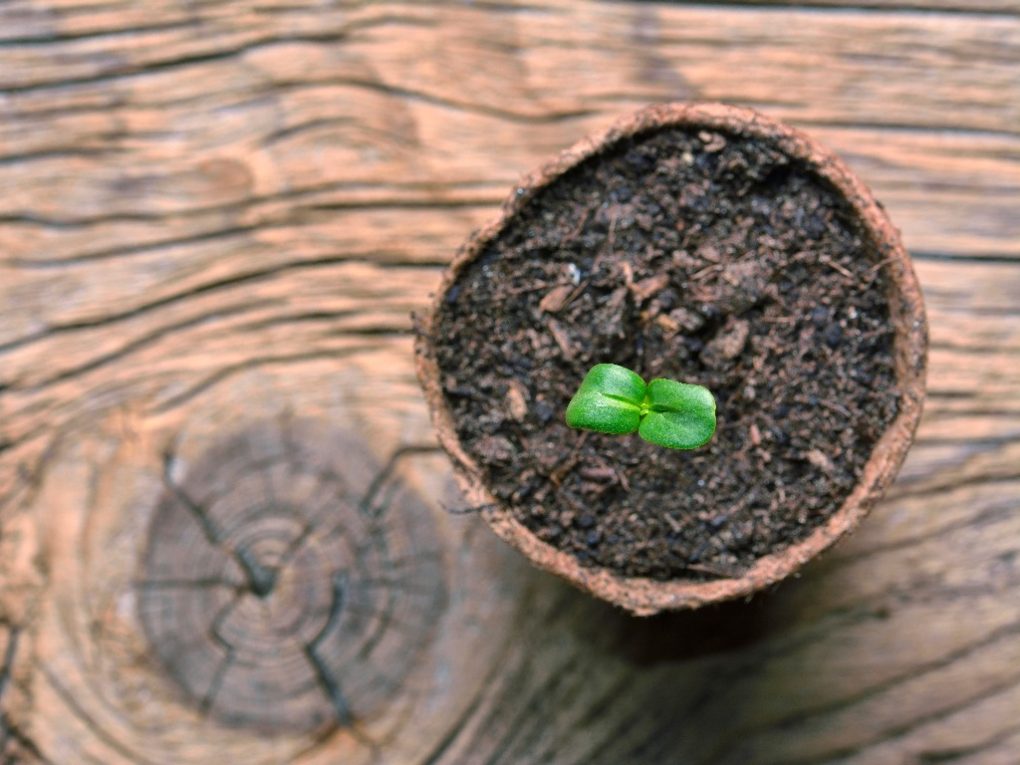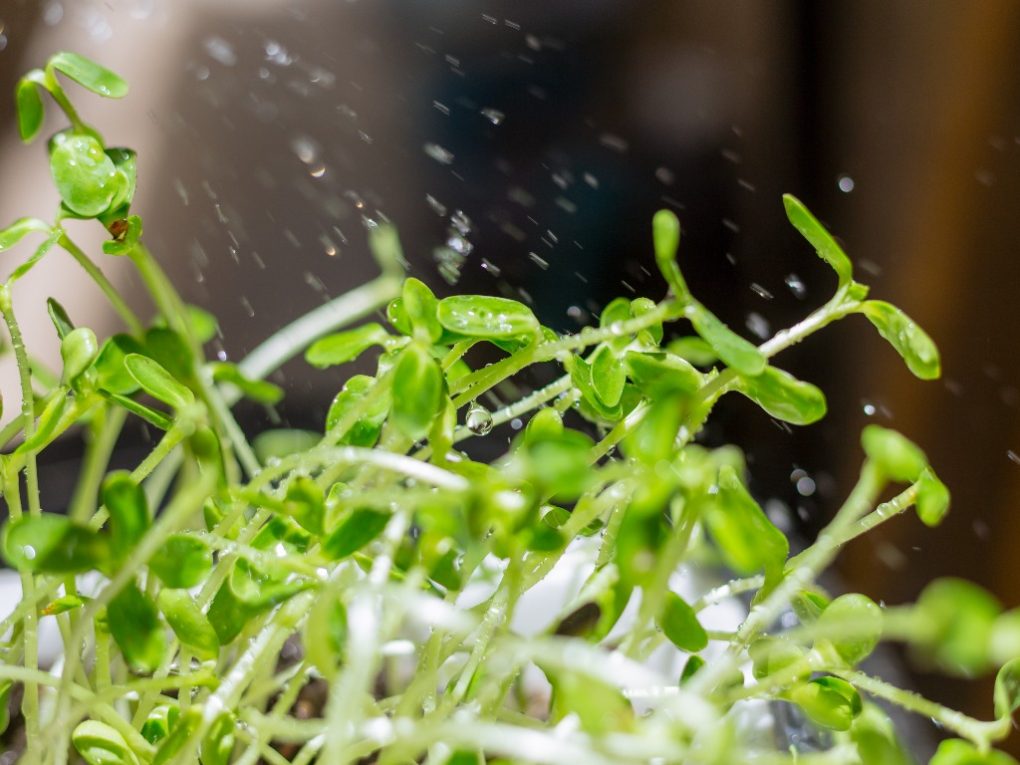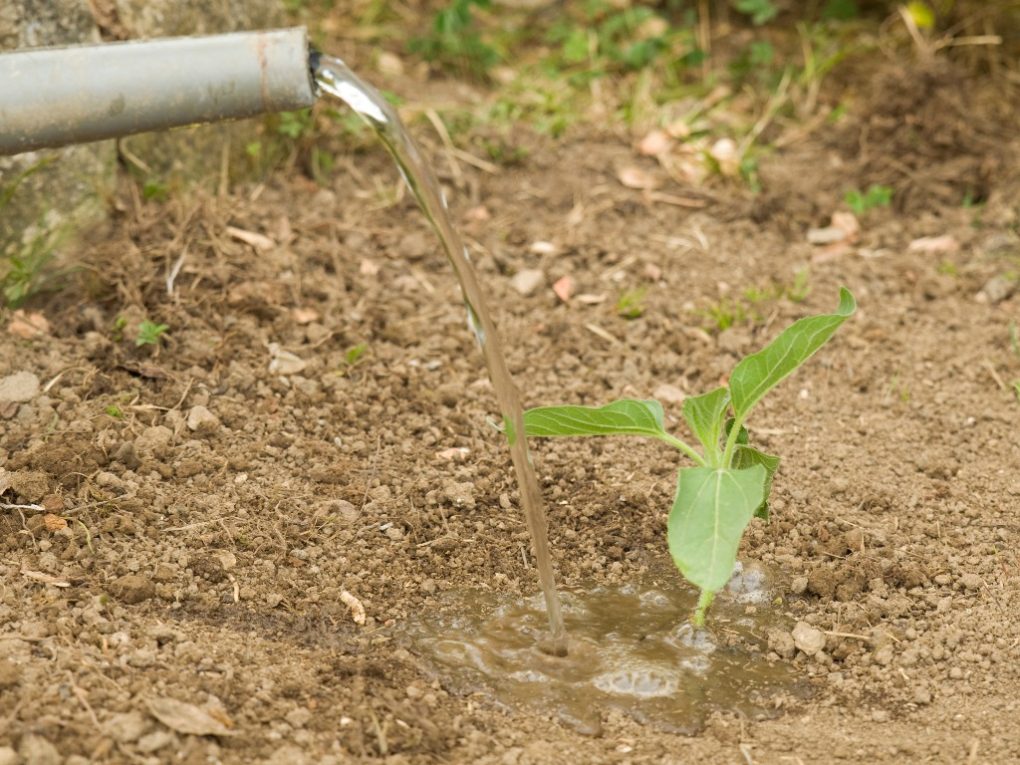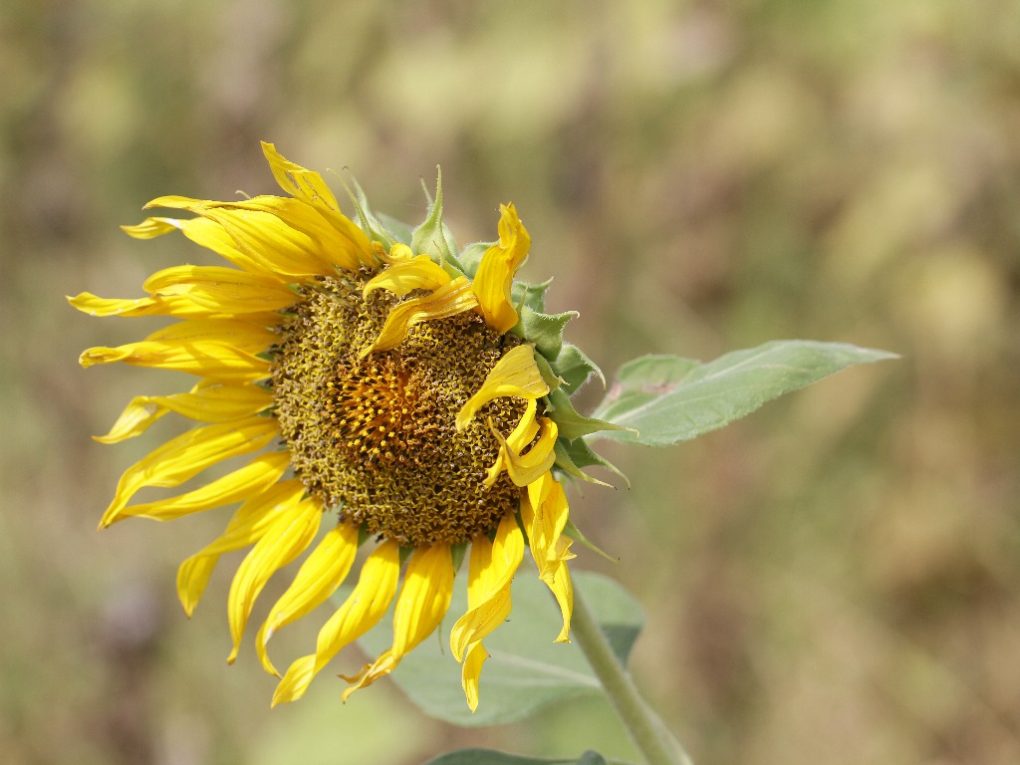How Often Should You Water Sunflower Seeds: A Gardener’s Guide to Growing Sunflowers
Sunflower seeds need to be watered regularly, especially during the early stages of growth. Watering them at least twice daily and more often in hot or dry conditions is recommended. However, it is important to water them appropriately, which can lead to root rot and other issues.

It is also important to water sunflower seeds during the daytime to allow them to absorb as much water as possible. Avoid watering them at night, which can attract pests and lead to fungal diseases. If you are still determining how often to water them, giving them an inch (two and a half centimeters) of water is a good rule of thumb.
Table of Contents
A Guide to Watering Sunflower Seeds
Frequency
Sunflowers are easy to grow and care for but need regular watering to thrive. Watering frequency depends on several factors, including the weather, soil type, and growth stage. This section will discuss the factors affecting watering frequency, the watering frequency for different sunflower growth stages, and tips for monitoring soil moisture levels.
Sunflowers need more water in hot and dry conditions than in cooler and wetter conditions. Also, sandy soils drain water quickly, while clay soils retain water longer. In addition, sunflowers grown in small containers dry out faster than those grown in larger containers or on the ground.
Young sunflowers need more water than mature ones. The frequency of watering sunflower seeds varies depending on the stage of growth; here are some general guidelines:

| Stage of Growth | Watering Frequency |
| Germination | Water daily to keep the soil moist but not waterlogged. |
| Vegetative growth | Water at least two times daily, depending on the weather and soil conditions. |
| Bloom | Water at least two times daily, especially in hot and dry conditions. |
| Seed formation | Water at least two times daily, depending on the weather and soil conditions. |
Tips for Monitoring Soil Moisture Levels
Monitoring soil moisture levels is important to avoid overwatering or underwatering sunflower seeds. Here are some tips:
- Stick your finger into the soil around the plant’s base to check if it feels dry a few inches down.
- Use a moisture meter to measure the soil moisture level.
- Water the soil thoroughly (deep watering) so it sinks around 6 inches below the surface.
- Use mulch to retain soil moisture and reduce water evaporation.
The Importance of Watering Sunflower Seeds
Sunflower seeds need water to germinate and grow into healthy seedlings, and they require consistent watering throughout their lifecycle to thrive. Sunflower seeds need water to germinate.
When sunflower seed is planted in soil, it absorbs water, activating enzymes in the seed and triggering germination. Without water, the seed will remain dormant and will not sprout.
As sunflower seeds germinate and grow, they develop a root system. Water is essential for root growth, as it helps transport nutrients from the soil to the plant. Additionally, water helps to keep the soil loose, making it easier for roots to penetrate and grow.

Sunflower plants use water in photosynthesis, the process by which they convert sunlight into energy. Water is one of the key components needed for photosynthesis, along with sunlight and carbon dioxide.
Sunflower plants lose water through transpiration, the process by which water is released from the leaves and stems of the plant. This helps to regulate the plant’s temperature and prevent it from overheating. Without enough water, the plant may not be able to transpire effectively, which can lead to wilting and other problems.
Water is essential for overall plant health. Well-watered sunflowers are less susceptible to diseases and pests and more likely to produce healthy blooms and seeds. Watering sunflowers regularly helps prevent nutrient deficiencies and ensures the plant receives all the necessary nutrients to grow and thrive.
The Effects of Overwatering and Underwatering Sunflower Seeds
Overwatering can lead to waterlogged soil, which can suffocate the roots of the sunflower plant. This can cause diseases, which can eventually kill the plant. Overwatering can cause nutrients to leach out of the soil more quickly, leading to nutrient deficiencies in the sunflower plant, manifesting as yellowing leaves, stunted growth, and poor bloom production.
Overwatering sunflower seeds can lead to root rot, a fungal disease that causes the roots to decay and the plant to wilt. Symptoms of overwatering include yellowing leaves, stunted growth, and a foul odor. To avoid overwatering, I usually ensure the soil has good drainage and only water it occasionally.
Overwatering can create a moist environment that is ideal for fungal and bacterial diseases to grow. This can lead to leaf spots, powdery mildew, and other diseases that can damage the plant.
While it may seem counterintuitive, overwatering can cause the sunflower plant to wilt because the roots cannot take in oxygen when the soil is waterlogged, which can lead to wilting and other signs of stress.

When sunflowers are underwatered, they may need access to enough nutrients to support their growth. This can lead to stunted growth and smaller blooms. Also, they can become dehydrated, which can cause their leaves to turn brown and wilt. In extreme cases, the plant may die.
Underwatered sunflowers may produce fewer blooms or smaller blooms than well-watered plants. However, when sunflowers are stressed due to lack of water, they can become more susceptible to pest infestations because stressed plants can defend themselves less against pests.
Symptoms of underwatering include dry soil, drooping leaves, and a lack of growth. To avoid underwatering, ensure the soil is moist but not waterlogged, and water regularly, especially during hot and dry weather.
